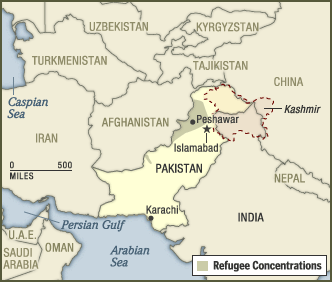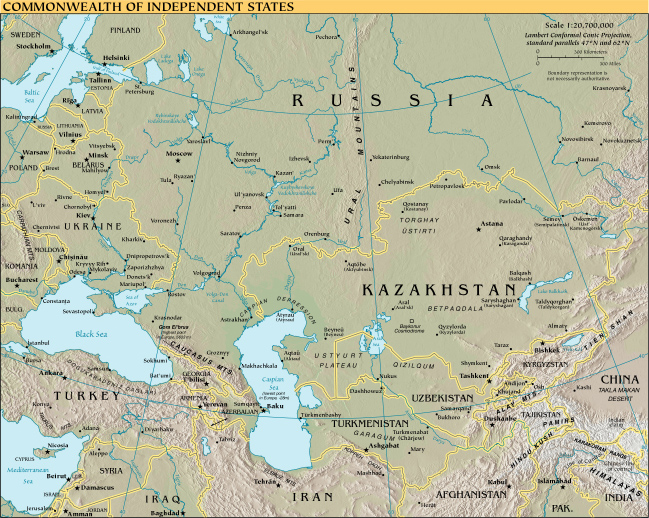|
|
Background on Defense |
In general, calling for abrogating the ABM Treaty implies support for NMD, while supporting nuclear test bans of any kind implies opposition to NMD.
| Country | Nuclear Status | Signed |
|---|---|---|
| China | 400 warheads; at most 50 on ICBMs; 45 nuclear tests | 9/24/96; unratified. |
| France | 450 warheads; 210 nuclear tests | 9/24/96; ratified 4/6/98 |
| India | Conducted tests, 1998 | Unsigned |
| Iran | Seeking nuclear capability | 9/24/96 |
| Iraq | Seeking nuclear capability | Unsigned |
| Israel | Unacknowledged nuclear capability | 9/25/96; unratified. |
| North Korea | Frozen development program | Unsigned |
| Pakistan | Conducted tests, 1998 | Unsigned |
| Russia | 23,000 warheads; 715 nuclear tests; 3,630 warheads on ICBMs, including missiles in Belarus, Ukraine, & Kazakhstan | 9/24/96; unratified. |
| South Africa | Developed weapons but relinquished them in 1993 | 9/24/96; unratified. |
| United Kingdom | 260 warheads; 45 nuclear tests. | 9/24/96; ratified 4/6/98 |
| United States | 1,030 nuclear tests and 12,000 warheads, including 2,000 ICBMs & 3,450 SLBMs. | 9/24/96; rejected 10/13/99. |

|

| |
(click a book cover for a review or click for other books on Defense or SDI from Amazon.com.) | ||
Related issues:KosovoChina Foreign Policy |
Treaty texts and associated documents:ABM TreatyTest-Ban Treaty START Treaties Other arms treaties ICBM counts Issues Library Pro-SDI Anti-SDI | |
|
Click here for The Forum discussion on Defense. Click here for policy papers on Defense. | |
| Other candidates on Defense: | Background on other issues: |
|
Carol Moseley Braun
George W. Bush Dick Cheney Wesley Clark Howard Dean John Edwards Dick Gephardt Bob Graham John Kerry Dennis Kucinich Joe Lieberman Al Sharpton Past & Future Candidates: Pat Buchanan Bill Clinton Hillary Clinton Elizabeth Dole Al Gore John McCain Ralph Nader |
Abortion
Budget/Economy China Civil Rights Crime Defense Drugs Education Environment Families Foreign Policy Free Trade Govt. Reform Gun Control Health Care Immigration Labor Principles School Choice Social Security Tax Reform Technology War & Peace Welfare |